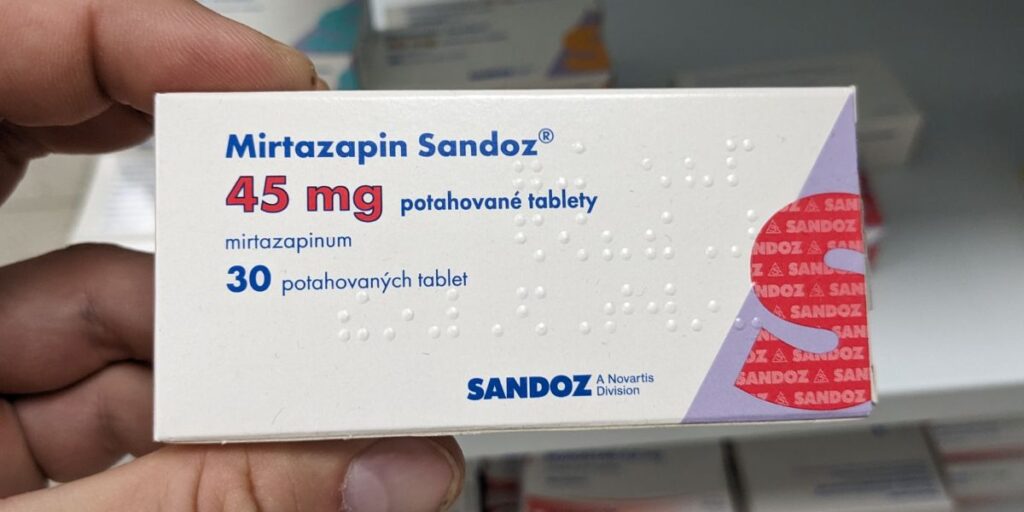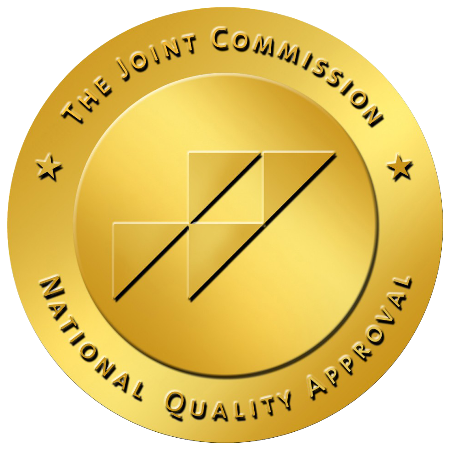Alcohol poisoning, also known as alcohol overdose, is a dangerous condition caused by drinking too many alcoholic drinks in a short amount of time, which can be life-threatening. Alcohol poisoning happens when the body can’t process alcohol because of high alcohol levels in the blood, which can be dangerous.
What Is Alcohol Poisoning?
Alcohol poisoning happens when someone drinks alcohol faster than the body can metabolize it. The liver can process approximately one standard drink per hour; however, consuming more than this amount, especially in rapid succession, can lead to a dangerous buildup of alcohol in the bloodstream. This condition is characterized by a blood alcohol concentration (BAC) that rises to 0.08 or higher, overwhelming the body’s systems.
The effects of alcohol on the body include impaired judgment, reduced motor skills, and slowed reaction times. When BAC continues to rise, more severe symptoms can occur, such as confusion, vomiting, seizures, slow breathing, and unconsciousness. The risk of alcohol poisoning increases significantly when people drink on an empty stomach or consume high amounts of alcohol quickly. This risk is not limited to a specific group; anyone can experience alcohol poisoning, regardless of their drinking habits or tolerance.

What Are the Signs and Symptoms of Alcohol Poisoning?
Identifying the signs of alcohol poisoning, or alcohol overdose, is essential for timely intervention.
Typically occurring symptoms in cases of alcohol poisoning include:
- Confusion and stupor: The person may be disoriented and unable to communicate clearly. This confusion can escalate to a stupor, where they are unresponsive to external stimuli.
- Vomiting: A typical response to high levels of alcohol in the body. It is the body trying to rid itself of excess toxins.
- Seizures: Sudden convulsions can occur because of alcohol’s effect on the nervous system. This is a serious symptom that requires immediate medical attention.
- Slow breathing: Defined as fewer than eight breaths per minute or irregular breathing patterns. This can indicate that the central nervous system is being suppressed.
- Hypothermia: Low body temperature, which can lead to blue-tinged or pale skin. Alcohol poisoning can affect the body’s ability to regulate temperature, making hypothermia a serious concern.
- Loss of Consciousness: The person may pass out and be difficult or impossible to awaken. This is one of the most alarming symptoms as it indicates severe intoxication.
- Gag reflex impairment: There is a risk of choking, as the body’s natural defenses are weakened. This impairment increases the risk of aspiration, where vomit can enter the lungs.
If you suspect someone has alcohol poisoning, it is crucial to act quickly. Call 911 immediately, and do not leave the person alone.
If they are conscious, keep them awake and sitting up. If they are unconscious, put them in the recovery position to help maintain an open airway and prevent choking. Keeping them in this position can also prevent them from rolling onto their back, reducing the risk of choking on vomit.
Alcohol Poisoning vs Drunk
It is important to distinguish between being drunk (alcohol intoxication) and experiencing alcohol poisoning. While both conditions are caused by alcohol consumption, they differ in severity and symptoms. An intoxicated person may exhibit slurred speech, impaired coordination, and poor decision-making. These symptoms, while potentially dangerous, do not typically threaten life if the person can be monitored and kept safe.
On the other hand, alcohol poisoning is a medical emergency. The amount of alcohol poisoning can be fatal if not treated promptly. It involves severe impairment of bodily functions, such as breathing and heart rate regulation. Breathing heart rate can become dangerously slow or irregular, and the person may lose consciousness.
Unlike alcohol intoxication, alcohol poisoning requires urgent medical attention to prevent life-threatening complications, such as brain damage or death. The body’s systems are overwhelmed to the point where they may shut down, leading to potential organ failure.
How Long Does Alcohol Poisoning Last?
The duration of alcohol poisoning can vary depending on several factors, including the person’s size, weight, age, and the amount of alcohol consumed. In general, the effects of alcohol can last for several hours. The body requires time to metabolize and eliminate alcohol from the system. For a person with alcohol poisoning, this process can be extended, as the liver struggles to process the high levels of alcohol in the bloodstream.
Sometimes, hospitalization may be required to manage symptoms and prevent complications. Medical professionals may administer fluids, vitamins, or other treatments to help the body recover. These interventions can stabilize the person and help prevent further complications, such as dehydration or hypoglycemia.
The recovery process can vary, with some people feeling better within hours while others may experience lingering effects for days. Monitoring and supportive care are crucial during this period to ensure a full recovery.
Long-Term Effects of Alcohol Poisoning
Surviving an episode of alcohol poisoning does not guarantee freedom from long-term consequences. Repeated instances of chronic alcohol consumption can lead to alcohol abuse and addiction.
The long-term effects of alcohol poisoning include:
- Liver failure and liver cirrhosis
- Brain damage
- Heart complication
- Weakened immune system, making your more prone to infections
- Mental issues such as depression and anxiety
The risk of alcohol poisoning and its associated complications highlights the importance of responsible drinking and recognizing when to seek help. People who frequently experience blackouts or other severe symptoms should consider evaluating their drinking habits and seeking professional advice.

Addiction Treatment for Alcohol Abuse at Northridge Addiction Treatment Center
For those struggling with alcohol abuse, professional treatment is often required to achieve long-term recovery.
Northridge Addiction Treatment Center (NATC) can provide the care, support, and resources to help you overcome alcohol addiction and abuse. Our evidence-based addiction treatment programs include medical detox, medication-assisted treatment, dual diagnosis treatment, individual and group therapy, family therapy, and various other options to fit your custom treatment plan.
A phone call can be the beginning of a life free from alcohol dependence.
Contact NATC today. Our treatment specialists are eager to help you find the proper treatment for your needs and current situation.













